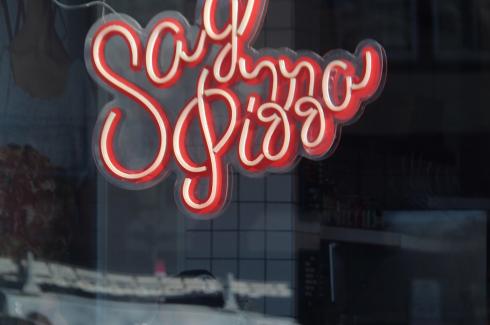The short-term rental company Vrbo Holdings Inc. has recently been emphasizing in its online ads that, unlike some of its competitors, when you rent from Vrbo “You get the whole house to yourself.”
What the ads don’t say, however, is that while renters may indeed get an entire house to themselves, they cannot hold the company liable if the house catches on fire and two people die as a result. That is what happened in Noyac last summer, when two young women died in a fire at 3 Spring Lane while vacationing with their parents, who had rented the house from Pamela and Peter Miller for the month of August using the Vrbo service.
After the fire, the family filed a civil suit against the homeowners and against Vrbo Holdings and HomeAway.com. Their lawyers, Andres Alonso and Martin Grossman, sued in November in U.S. District Court, Eastern District of New York, asking for at least $75,000 in compensation along with a host of unspecified damages. The complaint also names 3 Spring Lane I and 3 Spring II L.L.C.s, controlled by the Millers.
It argues that Homeaway and Vrbo are responsible for the tragedy, along with the Millers, given their “written representations to plaintiffs that the home contained several safety features including smoke alarms and carbon monoxide alarms.”
Last week, an attorney for Vrbo, Harvey Wolkoff of Boston, filed a motion with the court asking that it dismiss Vrbo as a defendant. The blame lies with the Millers, he argued, and not with Vrbo.
According to a fire marshal’s report, the house lacked functioning smoke or carbon monoxide alarms.
“At the time of the fire,” the Wiener family’s lawyers argued in November, “the smoke alarms had either been disconnected from any form of electrical supply, had their batteries removed, or contained lifeless batteries.”
The Millers had done extensive renovations on the house, including the addition of an outdoor kitchen that town officials suspect was the cause of the fire.
Mr. Wolkoff offered a two-pronged rationale in his filing last week. First, he argued, Vrbo is protected under Section 230 of the Communications Decency Act; second, similar to social media platforms such as Facebook and Twitter, Vrbo is shielded from liability for “claims based on information or communications made by third parties that are posted on their sites.” Specifically, he argued that his client should not be held liable “as the publisher or speaker of information provided by another information content provider.”
He further maintained that Vrbo was shielded from liability under existing New York State law, given that the civil lawsuit’s claims of negligence and gross negligence do not apply to Vrbo but to the homeowners. “New York law does not impose a duty of care on Vrbo on the facts alleged,” Mr. Wolkoff argued, asserting that the family’s lawsuit reflects that “other defendants, not Vrbo,” created and concealed the dangerous conditions at the property and that they, not Vrbo, “owned,” “operated,” “managed,” and “maintained” the property.
“In essence, Vrbo has taken the position that they have no responsibility here,” Mr. Alonso said this week. “Despite the fact that they affirmatively misled the Wieners, they are ‘not responsible.’ So, you spend money renting from them and then they hang you out to dry.”
The Millers are facing dozens of code violations in Southampton Town Justice Court following the fire marshal’s investigation of the deadly blaze, which likely began, according to the report, in the outdoor kitchen area. Investigators also found inoperable smoke alarms outside the second-floor bedrooms of Jillian Rose Wiener and her sister, Lindsay Eliza Wiener, both of whom perished. Their brother and parents escaped the blaze. The next hearing in Southampton is scheduled for March 13.
Last month, Suffolk County District Attorney Raymond Tierney told The Star that his office is still investigating the fire as a possible criminal matter.



